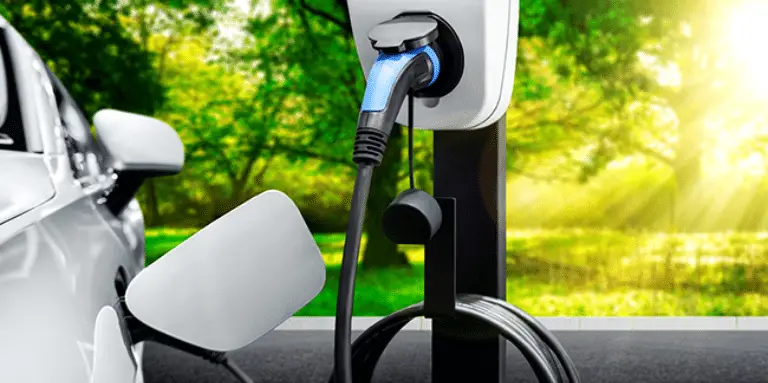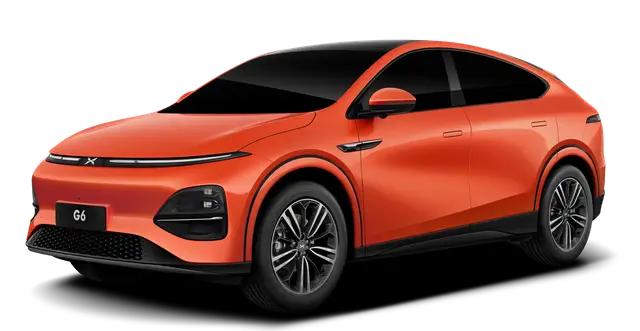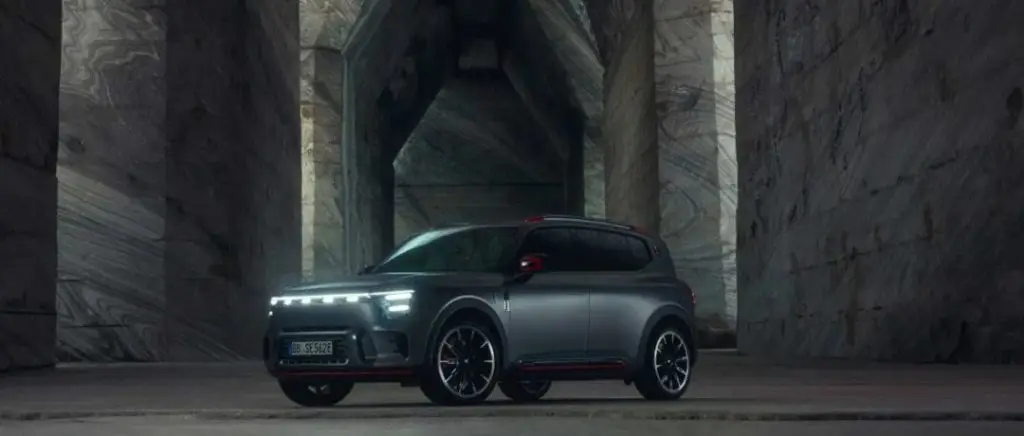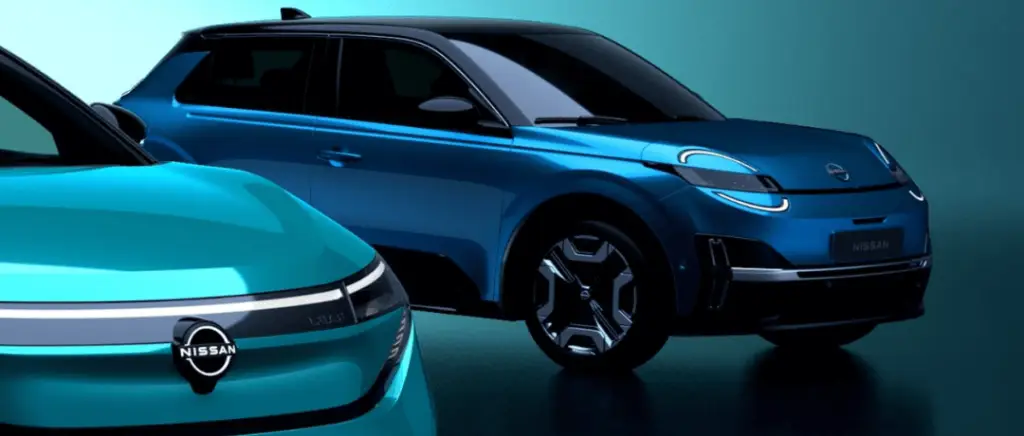Significant price variations for an electric car charge in 2024
This rate increase is linked to the phasing out of the tariff shield, which had been introduced by the government in 2021 to protect consumers from soaring electricity market prices. The tariff shield consisted of a reduction in the domestic tax on final consumption of electricity (TICFE), which was reduced from €32 to €1 per kWh in 2021.
From February 1, 2024, this tax will rise to €21 per kWh, which explains the rise in electricity prices. However, despite this increase, recharging an electric car will remain cheaper than filling up with petrol for a combustion model.
The cost of recharging an electric car in 2024
Charging at home: how much does it cost?
When estimating the cost of charging an electric car at home, several factors come into play, such as the electricity contract and supplier chosen, and the type of charging station installed. According to EDF data for 2024, the average cost of recharging an electric car with a 50 kWh battery at home is around 3.40 euros. However, estimates vary: EDF reckons that to cover 100 km, the cost of recharging can vary between 2 and 11 euros, all recharging methods taken into account, while Engie indicates a cost of between 1.34 and 3.70 euros for the same distance.
These figures may vary according to various parameters, including the power of the charging station, vehicle consumption and current electricity rates. Since February 1, electricity rates have risen by between 8.6% and 9.6%. Taking these variations into account, and assuming a consumption of 15 kWh per 100 km, the cost of recharging is estimated at around 3.69 euros with a basic contract, and 3.72 euros in off-peak periods.
Another option to consider is self-consumption, which involves installing solar panels and an energy storage system. However, it's important to note that this solution represents a considerable initial investment.
Find out more: The best electricity supplier for charging your electric vehicle
And away from home?
Assessing the cost of out-of-home charging is just as complex, if not more so, than charging at home. The same variables come into play: the type of charging station, the operator, and the time of charging (off-peak or peak). What's more, other factors come into play, such as the type of subscription and billing (per kWh, flat rate, per minute, etc.).
On freeways, superchargers are often encountered, but determining a fixed cost is difficult. It varies according to motorway networks and billing systems, generally linked to the badge used. For example, Ionity charging stations charge around 39 centimes per kWh for 50 kW and 69 centimes for 350 kW, while a Tesla charges around 36 centimes per kWh (57 centimes/kWh for non-Tesla users).
It's worth mentioning that there are subscription options such as the rechargeable Chargemap Pass, available at €19.90, which offers access to around 600 compatible networks in France at no extra subscription cost.
Where can I find recharging stations in France?
Shopping centers
In fact, many supermarkets and hypermarkets offer charging stations in their parking lots. You may never have noticed them before. But they're easy to spot, as they're marked with a sign and a pavement marking representing an electric car.
It should be noted that access to these kiosks is often free for store customers only. In some cases, it may be necessary to present a loyalty card to benefit from free recharging. In addition, depending on the store, a maximum charging time may be set. These conditions vary according to each store's recharging policy.
Here are a few examples of stores and their terms and conditions:
Carrefour has introduced Carrefour Energies, aiming to deploy 5,000 charging points by 2025. Comfort" charging at 22 kW is free for the first hour for customers with a loyalty card. What's more, electric bikes and scooters can be recharged free of charge!
Until recently, Leclerc and Lidl offered charging stations completely free of charge. However, these chains have started to charge for recharging. Despite this, rates remain very affordable and extremely competitive with fossil fuels! At Leclerc, the rate is 40 centimes per kWh for 180 and 360 kW charging points, and only 25 centimes per kW for 22 kW charging points. Identical rates apply at Lidl for its solar-panel-equipped station, comprising 8 x 180 kW bollards, 4 x 22 kW outlets and 1 x 360 kW bollard.
| 22 kW | 180 kW | 360 kW | |
|---|---|---|---|
| Carrefour | Free for 1 hour | N/A | N/A |
| Leclerc | 25 c/kWh | 40 c/kWh | 40 c/kWh |
| Lidl | 25 c/kWh | 40 c/kWh | 40 c/kWh |
Dealers
Electric car manufacturers such as Nissan, Renault, BMW and Kia are committed to providing charging stations for private customers. While it used to be possible to recharge batteries free of charge at their brand's dealerships, the situation has changed somewhat. Now, you have to pay a few cents per kWh to get back on the road!
Here are two examples of dealer prices:
Nissan : With Nissan Charge, you have three options. Without a subscription, recharging at a charging station costs 69 cents per kWh. With a subscription, you get a lower rate, but you need a badge. The standard subscription at 5 euros per month gives you access to a rate of 55 centimes per kWh. The Premium subscription at 13 euros per month lets you charge your vehicle for just 30 centimes per kWh.
Mercedes Benz charging rates with Mercedes me Charge service are similar to those of Nissan. Not surprising, since competition in this segment is fierce! Three packs are available for recharging your car. The S pack charges 69 cents per kWh. With the M pack, the subscription costs 4.90 euros per month and the price per kWh is 35 centimes (cheaper than Nissan!). Finally, the L pack at 12.90 euros per month lets you charge your Mercedes for just 30 centimes per kWh.
| No subscription | Standard subscription | Premium subscription | |
|---|---|---|---|
| Nissan | 69 c/kWh | 55 c/kWh | 30 c/kWh |
| / | 5 e/month | 13 e/month | |
| Mercedes | 69 c/kWh | 35 c/kWh | 30 c/kWh |
| / | 4.90 e/month | 12.90 e/month |
Hotels and restaurants
This is extremely practical when you're on vacation or on a weekend getaway. The fact that a hotel offers free or discounted charging points is an interesting criterion when choosing where to spend the night and have your meals. Just imagine: you plug in your car in the hotel parking lot just before going to bed, just as you would your cell phone. Worries are a thing of the past!
Accor Group hotels (Ibis, Mercure, Novotel, etc.) have equipped 68 of their sites with these charging facilities! These charging points are accessible to hotel guests and all electric car drivers, at preferential rates of just 44 centimes per kWh.
Public parking lots
Finally, some local authorities provide their residents with free recharging stations, installed in town hall parking lots or in public parking lots (this can vary, whether outside the city or underground). However, it's important to note that you'll have to pay parking fees in accordance with current public policy. Before you go, make sure you find out how to gain access: in some departments, a season ticket may be required.
For example, departments such as Morbihan, Seine-et-Marne and Vendée offer this type of service. So your independence is guaranteed!
Read more: The top 10 charging stations on the market in 2023
How is an electric vehicle charging station installed?
Why install a charging station?
At home
Imagine being able to recharge your electric vehicle in total peace of mind, without having to worry about finding public charging stations. That's what installing a home charging station offers you.
In addition to convenience and time savings, you benefit from faster charging than with a domestic socket, reducing the time spent recharging your car. You can also schedule your vehicle to charge during off-peak hours, to take advantage of lower electricity rates.
Installing a charging station is also a smart investment. You save on your charging costs compared with public charging stations, and you benefit from a secure installation that complies with current standards. What's more, you'll extend the life of your battery by recharging it at optimum speed.
Last but not least, installing a home charging station is a gesture towards the environment. You can use a renewable energy source to recharge your vehicle, such as solar power, and reduce your environmental impact. In this way, you're contributing to the decarbonization of transport and the fight against climate change.
In your company
Offering your customers an attractive service by providing charging stations for their electric vehicles is a winning strategy. You'll promote your company's responsible, innovative image and build customer loyalty by making it easier for them to access your premises.
What's more, offering workplace recharging solutions is an excellent way of motivating and engaging your employees. You promote the adoption of electric cars and contribute to their well-being by facilitating their daily commute. You also reinforce your company's image as an employer committed to the energy transition.
Finally.., installing charging stations in your company is a concrete way of demonstrating your commitment to sustainable development and corporate social responsibility. You'll be helping to combat climate change and meeting the expectations of your customers and partners, who are increasingly sensitive to environmental issues.
Your employees
Allowing your employees to recharge their electric vehicle at work is a major advantage. You make their daily commute easier and save them time. You also encourage the use of electric cars for home-to-work journeys, and improve their quality of life by reducing the stress associated with finding charging stations.
What's more, offering your employees top-up solutions is an excellent way of attracting and retaining them. You contribute to their sense of belonging to the company and develop the image of a modern, innovative company.
In the final analysis, encouraging your employees to use electric cars is an important contribution to the energy transition. You're reducing your company's environmental footprint and helping to build a more sustainable future.
Charging your electric car: our tips
Recharging your electric car is an important step in taking full advantage of its benefits.
Here are a few tips to help you make the most of it:
1. Use fast charging stations.
If you need to recharge your battery quickly, opt for fast-charging stations. They can recharge your vehicle from 20% to 80% in just 30 minutes.
2. Plan your routes.
Before you hit the road, make sure you know where the charging stations on your route are. You can use mobile apps or websites to help you find them.
3. Charge your battery during off-peak hours.
If you have the option of recharging your battery during off-peak hours, you can take advantage of a lower electricity rate.
4. Do not recharge your battery to 100% every day.
It is advisable to keep your battery charged between 20% and 80%. Recharging your battery to 100% every day can shorten its life.
5. Use a high-quality charging cable.
Make sure you use a quality charging cable to ensure the safety of your vehicle and battery.
Conclusion
In 2024, the rising cost of recharging electric cars in France is causing concern among drivers. Despite this increase, recharging an electric car remains cheaper than filling up with petrol for a combustion model. The installation of home charging stations offers comfort, speed and savings on charging costs, encouraging the adoption of electric cars and contributing to the energy transition.
Beev, the electric mobility expert, is at your disposal to answer all your questions about the installation of charging stations, whether for private or professional use.
If you would like to know more about the charging station tax credit at 2024please consult our article on the subject.
Your installer at the best price
Would you like to install a charging station in your company?
Beev can help you find the right charging station and installer at the right price.
































